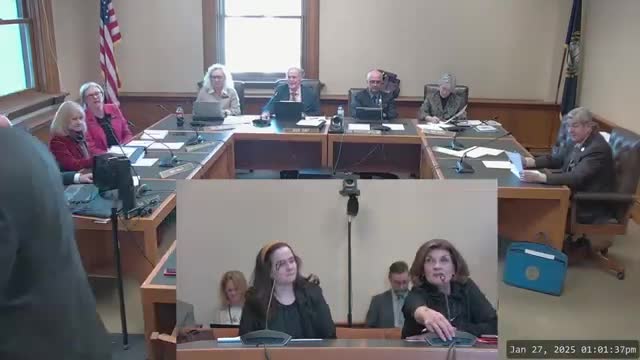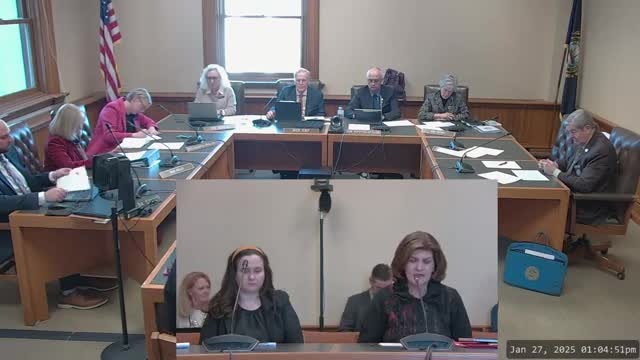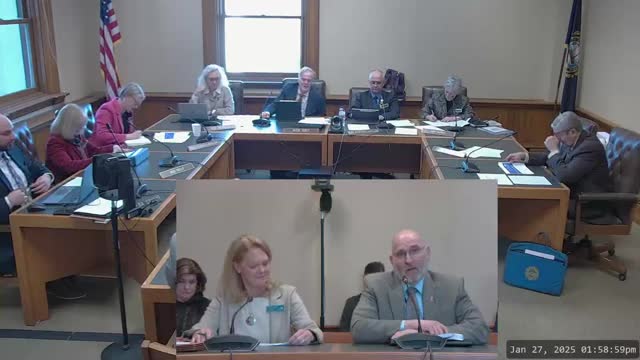Article not found
This article is no longer available. But don't worry—we've gathered other articles that discuss the same topic.

University System of New Hampshire outlines enrollment, tuition and budget risks to Finance Committee

internal-audit-of-draft-issues

UNH and community colleges point to industry partnerships, internships and apprenticeship pathways to fill New Hampshire jobs

